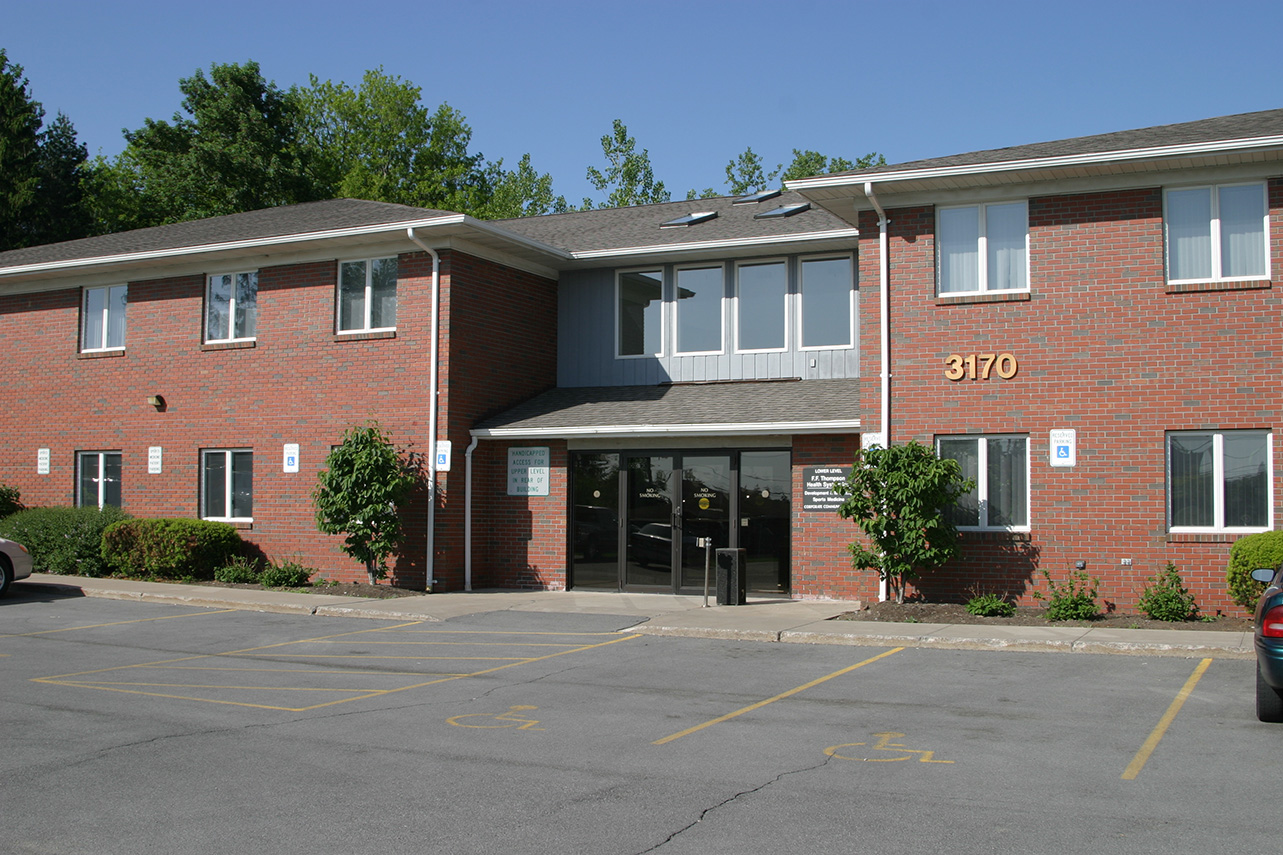Inflammatory Bowel Disease (IBD)
Make Appointments & Get Care
What is Inflammatory Bowel Disease (IBD)?
Inflammatory bowel disease, or IBD, is a group of conditions that cause chronic, often painful inflammation of the colon, bowels, and small intestine. The two main types of IBD are:
- Crohn’s Disease causes inflammation in any part of your gastrointestinal tract, most commonly the small and large intestine.
- Ulcerative Colitis is a painful condition that causes inflammation and ulcers to develop in the colon and rectum.
IBD is becoming increasingly more common, with about 4.9 million cases around the world.
What causes IBD?
While the exact cause is unknown, doctors and researchers believe it is caused by a combination of several factors, including:
- Family history
- An abnormal immune response in your digestive tract
- Environmental risk factors, like smoking, use of certain pain relievers, and living in an industrialized city
What is the difference between inflammatory bowel disease (IBD) and irritable bowel syndrome (IBS)?
IBD is a group of diseases, while IBS is a syndrome that represents a group of symptoms. The IBD diseases tend to cycle through bouts of flare-ups and remissions, while the symptoms of IBS can be triggered by certain foods, emotional or physical stress, hormonal changes, and more.
IBD can be detected via colonoscopy and may increase your risk of colon cancer, while IBS does not.
It is possible to have both IBD and IBS.
Symptoms of Inflammatory Bowel Disease
People with IBD tend to experience bouts of symptoms, called flare-ups, as well as symptom-free periods of time. You may go months or even years without any symptoms. As IBD develops over time, however, symptoms may worsen and new ones may appear.
Symptoms of IBD include:
- Abdominal pain
- Diarrhea
- Loss of appetite
- Unexplained weight loss
- Bleeding
- Joint pain
- Skin problems
- Fever
- Urgent or frequent small bowel movements
- Fatigue
- Delayed growth in children with IBD
Schedule an appointment with a UR Medicine provider.
Call (585) 275-4711UR Medicine's Treatments for Inflammatory Bowel Disease (IBD)
The Inflammatory Bowel Disease Center brings together experts from gastroenterology, rheumatology, pathology, dermatology, radiology, and surgery to find the best treatment for you. Our experts are experienced in all treatments for IBD, including medications, lifestyle changes, and surgery.
Diagnosing Inflammatory Bowel Disease
Your provider may order a series of tests to rule out other causes of inflammation. Tests used to diagnose IBD include:
- Stool sample. Looking for blood, infection, or white blood cells that could indicate an inflammatory situation.
- Colonoscopy. A flexible scope is used to provide pictures of the colon and check for inflammation. A biopsy, or tissue sample, may also be removed for further examination.
- Sigmoidoscopy. This test allows a doctor to examine the last part of the colon.
- CT Scan. These highly detailed images allow a doctor to detect IBD and determine its severity.
- Capsule endoscopy. A small pill with a miniature camera is swallowed. The pill provides images of parts of the gastrointestinal tract that cannot be reached by colonoscopy of endoscopy.
Treatments for Inflammatory Bowel Disease
UR Medicine's Gastroenterology and Colorectal Surgery Departments provide patients with the latest medications. Our involvement in national clinical trials gives our patients access to promising new drugs that are not yet widely available.
Medications can help you manage the disease both day to day and long-term. Options include common treatments like antibiotics and steroids, as well as more advanced therapies like immune-suppressing drugs and biologics, a new class of powerful medications that can help stop inflammation and put IBD into remission.
Certain foods can make IBD symptoms even worse or cause irritation that could lead to a flare-up. We'll work with you to develop a nutrition plan that helps you feel good while managing your condition.
For some patients, surgery may be required to remove all or part of the colon or rectum. Our surgeons are highly experienced at using minimally invasive approaches, helping our patients recover more quickly.
If an ostomy—an external bag for the collection of waste—is needed, our experienced nurses work with patients to help them live healthy and vigorous lives.
What Sets Us Apart?
The Inflammatory Bowel Disease Center is the only center in the region that specializes in the treatment of IBD. We’re also the only center in the area that’s actively involved in research to determine better approaches to treatment. Other area hospitals and gastroenterologists often depend on our physicians to handle their most complex and challenging cases.
Through our involvement with clinical trials, we’re able to give patients access to advanced treatments that are not yet widely available.
UR Medicine Gastroenterology and Hepatology treats all major diseases of the GI tract, liver, gall bladder, pancreas and bile ducts. We regularly serve as a valuable second (and even third and fourth) opinion resource for patients referred from far and wide.
Providers
Locations
View All LocationsWe serve you in the Rochester metropolitan area and surrounding region.
View All Locations4 locations
Surgery Center at Sawgrass
180 Sawgrass Drive, Suite 230, 2nd Floor
Rochester, NY 14620
Ambulatory Care Center at Strong Memorial Hospital
601 Elmwood Avenue, Ambulatory Care Center, 4th & 5th Floor
Rochester, NY 14642
Patient Education & Support
Clinical Trials
Through our research, we are helping to discover the treatments of tomorrow. And through our active role in clinical trials, we are helping our patients have access to the most promising new treatments today. We are the only center in the region that is performing gastroenterology and hepatology research. Call us to learn more about current clinical trials.
(585) 275-4711


